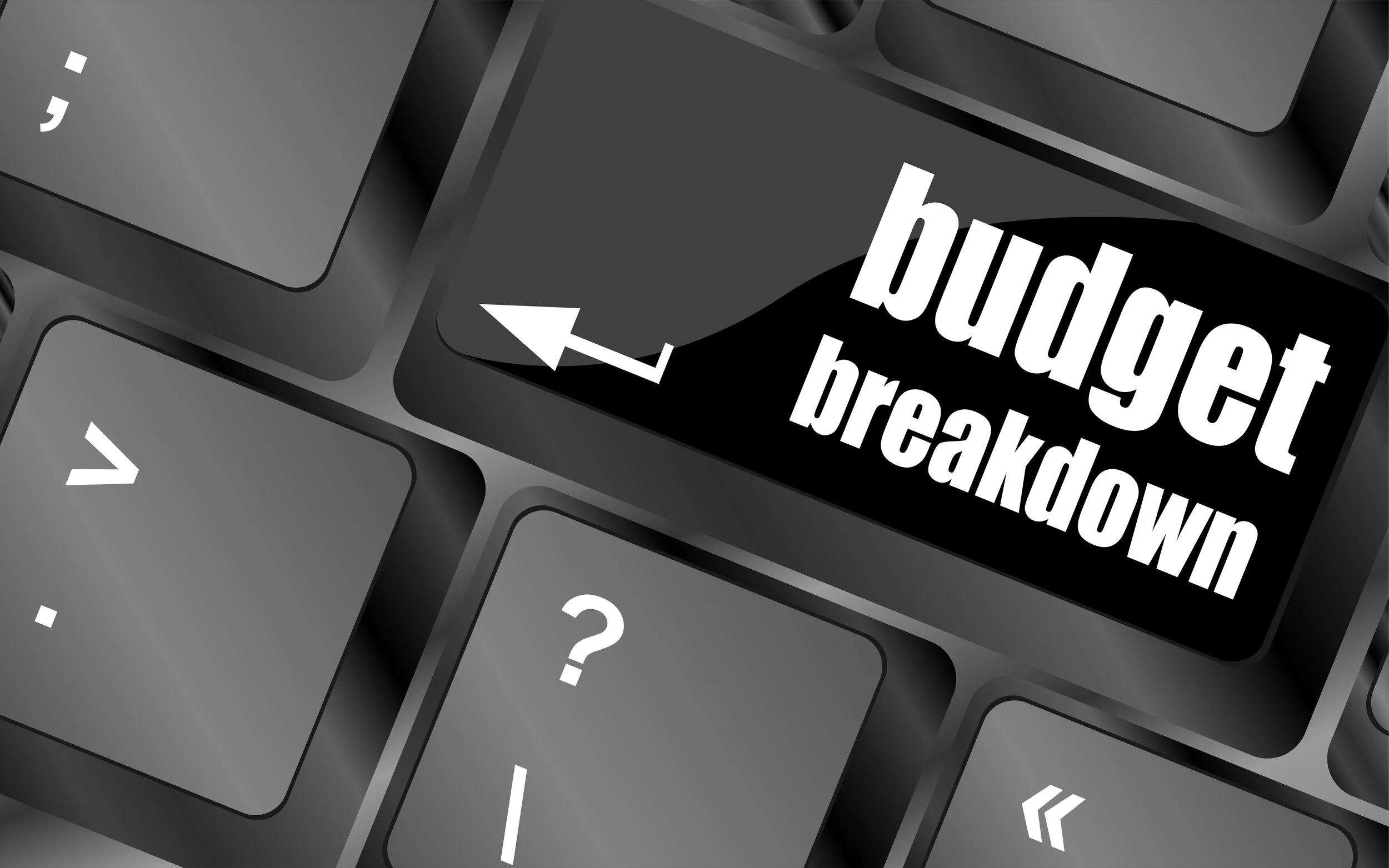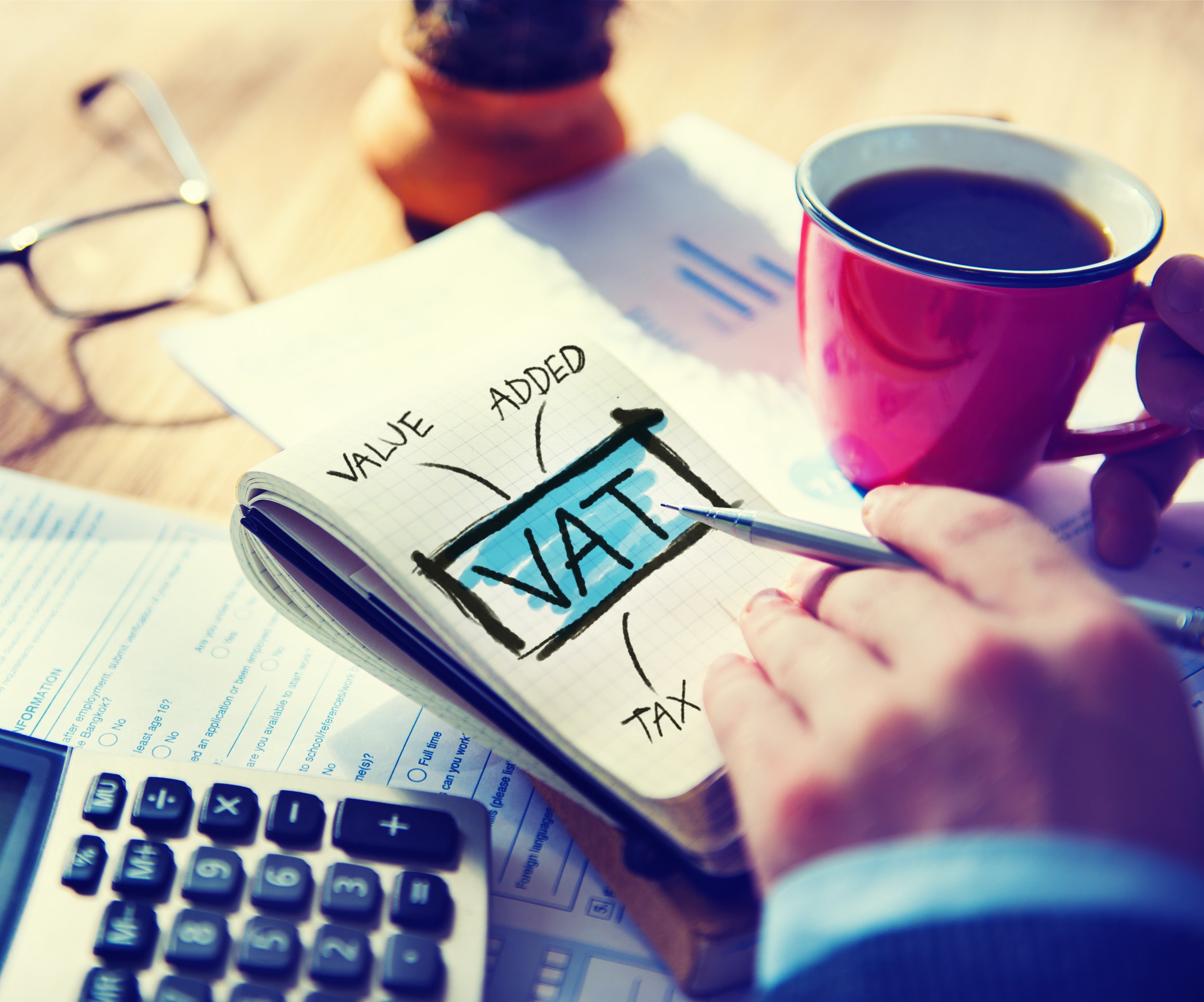Blog
VAT and DIY housebuilders
DIY housebuilders can reclaim the VAT on building materials that they buy and which are used in the construction of their home. Read this article to find out when a claim can be made and how.
VAT records – What do you need to keep?
If your business is registered for VAT, you must keep certain records by law. Read this article to find out what records you must keep and for how long.
New VAT thresholds – When must you register and when can you deregister?
The VAT registration threshold increased to £90,000 on 1 April 2024 and the deregistration threshold to £88,000. Read this article to find out when you must now register for VAT and when you can deregister.
The confusion surrounding the VAT reverse charge
Read this article to make sure you are recording the VAT reverse charge correctly
Spring Statement 2024
Cuts to National Insurance contributions and the abolition of so-called 'non-dom' tax breaks were among the headline announcements in this year’s Spring Budget.
Read on, as we delve into more of the details and summarise the biggest changes that were unveiled during the budget.
Do we need to register for VAT?
If you make taxable supplies for VAT, you will need to register for VAT if your taxable supplies exceed or will exceed the VAT registration threshold. Read this article to find out when you must register and how to register.
Pros and cons of the VAT flat rate scheme
The VAT flat rate scheme can save work, but may cost you money. Read this article to find out why. #VAT #flatratescheme #limitedcostbusiness
Managed lets – is VAT due on recharged expenses
Read this article to find out whether a letting agent needs to charge VAT on costs passed on to landlords. #disbursements #recharges #VAT
New VAT penalties for late VAT returns and payments
HMRC is introducing new penalties for VAT returns that are submitted late. These replace the old default surcharge system. The penalties apply to all returns, even if it is a nil return or a return that claims a repayment from HMRC. This new regime will affect all VAT periods starting on or after 1 January 2023.
Is it worth registering for VAT voluntarily?
Read this article to find out whether it is beneficial to register for VAT voluntarily #VAT #voluntaryregistration
VAT flat rate scheme – is it worthwhile?
The VAT flat rate scheme is a simplified scheme that can save work. Instead of working out the VAT that you need to pay over to HMRC by deducting input VAT from output VAT, you pay a fixed percentage of your VAT-inclusive turnover. The percentage depends on the nature of your business.
VAT - Entertaining Expenses
VAT cannot be recovered on business entertainment expenditure. This includes the gratuitous provision to customers or clients of hotel accommodation, food and drink or tickets to events.
VAT for Beginners
Most purchases carry a VAT charge. Value Added Tax (VAT) is levied on most business transactions and on many goods and some services.
VAT - Motor Expenses
The treatment of car motor expenses for VAT purposes can be quite complex.
VAT Cash Accounting
Under the cash accounting scheme you account for VAT on the basis of payments you receive and make, rather than on invoices you issue and receive. The main benefit of this scheme is that you don't have to pay VAT on invoices you have issued until your customers pay you, although it also means you can't reclaim VAT on purchases until you pay your suppliers. You get automatic bad debt relief because, if no payment is received, no output tax is due.
VAT Annual Accounting
With the Annual Accounting Scheme you complete one VAT return per year instead of each quarter. The advantages of using the scheme are that...
Only one VAT return is required per year and you have two months in which to complete it.
Cash flow is helped by regular monthly payments.
You can choose the VAT return year that you want.




















